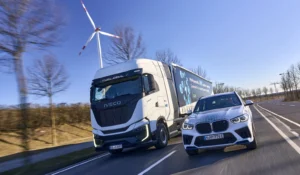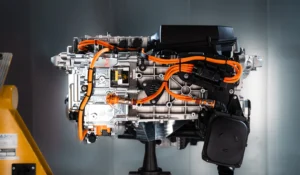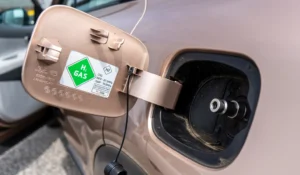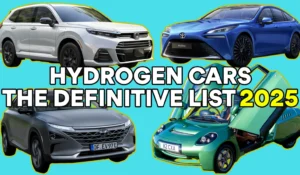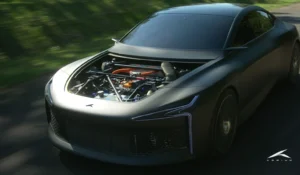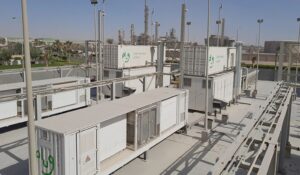Wrightbus unveils new flagship hydrogen bus: “A like for like replacement for diesel”
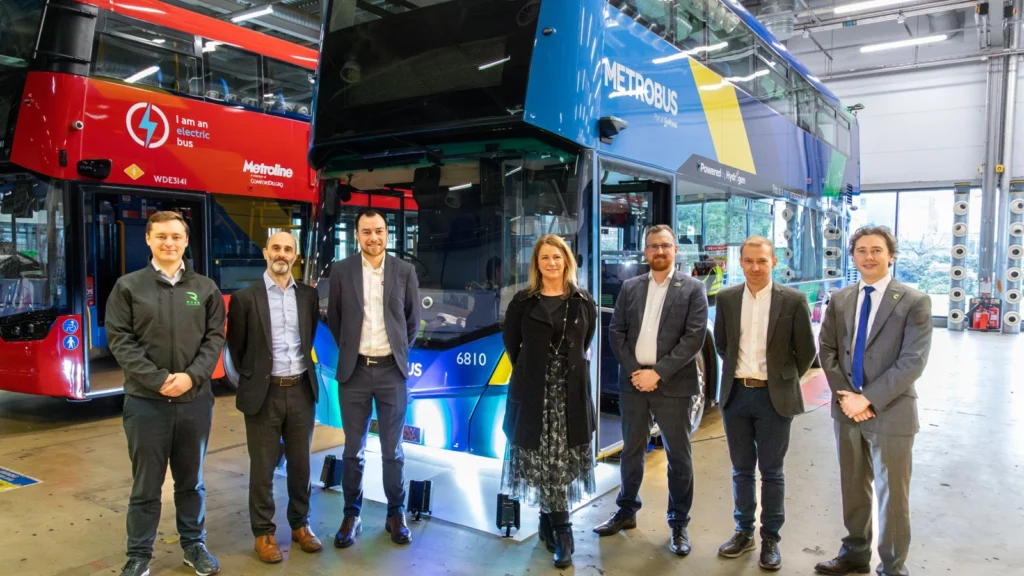
Wrightbus has just unveiled the next generation of its hydrogen double-decker, the Streetdeck Hydroliner Gen 2.0, calling it a true diesel replacement – only without the diesel, obviously.
This latest evolution of the UK-built fuel-cell bus promises better efficiency, longer range, lower costs, and increased passenger capacity over its predecessor, which was the world’s first hydrogen double-decker when it launched in 2020.
It’s also easier to maintain and features a redesigned front end aimed at improving safety for vulnerable road users. Riveting stuff.
Faster, cheaper, further
At the heart of the Next Gen Hydroliner is a new Ballard fuel cell and an upgraded electric traction system, part of an £11.2 million R&D effort, co-funded by the UK government’s Advanced Propulsion Centre (APC).
Wrightbus says the new powertrain delivers a 20% cut in fuel costs and a 30% reduction in maintenance expenses over 15 years, while increasing passenger capacity by 5% – translating to more revenue potential for operators.
Crucially, refuelling takes just eight minutes, while range extends beyond 300 miles – more than enough for a full day of expertly asserting right of way.
Those figures aren’t just ‘close enough’ to diesel performance, says Wrightbus – they are diesel performance – but with none of the emissions.
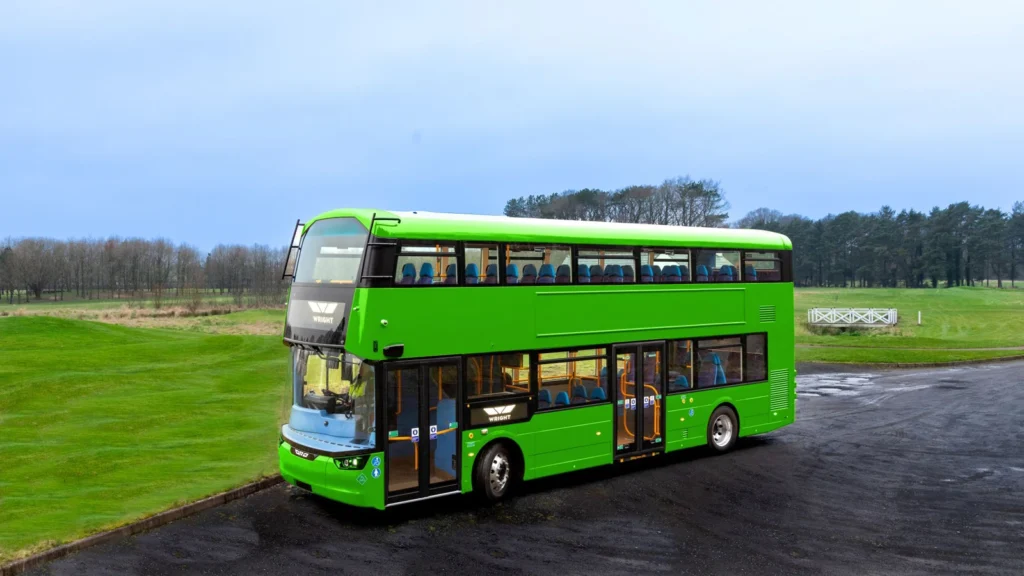
Wrightbus has also cut the upfront purchase cost, making the Gen 2.0 even more attractive against its diesel and battery-electric counterparts.
The project brought together Grayson Thermal Systems, Queen’s University Belfast, HYGEN, and Translink, with a focus on scaling up UK hydrogen bus manufacturing.
Among the innovations, Grayson developed a new thermal management system, while Queen’s University pioneered state-of-the-art simulation toolkits to refine the vehicle’s efficiency and performance.
Six vehicles have already been designed, built, and homologated for the UK and EU markets as part of the APC17 NextGenFCEV project.
A big year for Wrightbus
The unveiling comes amid a record-breaking period for Wrightbus, which claims to be the fastest-growing bus manufacturer in Europe.
The company expects to create up to 1,000 new jobs in its supply chain this year and expand its workforce to 2,500 at its Ballymena factory, where 95% of production is now zero-emission – a stark contrast to 2019, when 95% of orders were for diesel.
Jean-Marc Gales, CEO of Wrightbus, said: “Our development team has ensured this flagship bus is more efficient, travels further, costs less, and is easier to service and maintain. We are truly leading the charge to net zero.”
Meanwhile, Philippa Oldham from the APC pointed to the bus as proof that hydrogen fuel cells have a serious role to play in decarbonising transport, particularly in a sector where over 30,000 diesel buses still operate across the UK and Ireland.
If there was a nationwide refuelling network, would you buy a hydrogen car?
The future of hydrogen buses?
Despite a big push for battery-electric buses in urban centres, Wrightbus is betting big on hydrogen for routes where batteries struggle – long distances, high passenger loads, and minimal downtime between shifts.
With refuelling times matching diesel and running costs slashed, perhaps we can expect to see more hydrogen double-deckers on UK streets before long.
North Antrim MP Jim Allister, who attended the launch, called Wrightbus a Northern Ireland success story, highlighting how the company has bounced back from the brink under new ownership to become a world leader in hydrogen bus technology.
For now, though, Wrightbus is proving that hydrogen-powered buses are a viable, scalable replacement for diesel.

